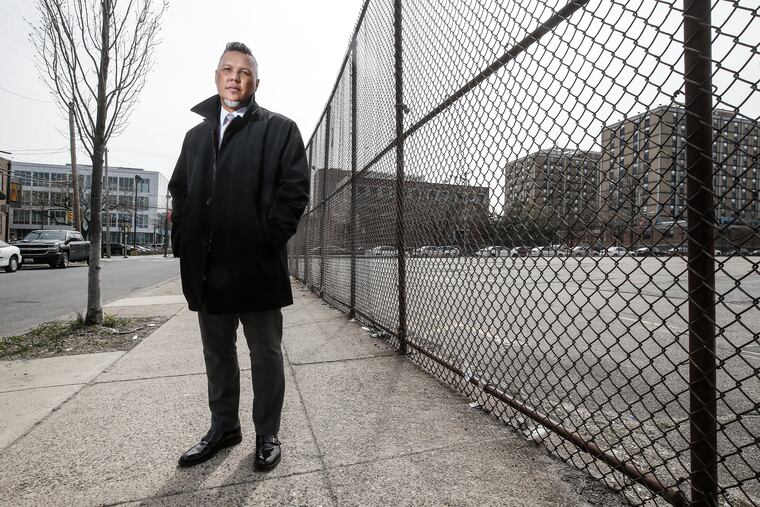Temple: Investigation finds no violation of law or policy by education dean
"Nevertheless, the results demonstrate a need for improvement in the culture and environment within the (college),” Temple Provost JoAnne Epps wrote.

Temple University said Friday that an outside investigation into complaints about the leadership of its college of education and human development found no violation of law or university policy by the dean or anyone else.
“Nevertheless, the results demonstrate a need for improvement in the culture and environment within the [college],” Provost JoAnne Epps said in a statement to the college’s faculty and staff. “Everyone involved bears responsibility for finding common ground going forward.”
A Temple spokesperson declined to elaborate on the specific issues that need improvement or say what steps, if any, Dean Gregory M. Anderson would be asked to take.
» READ MORE: Prompted by complaints, Temple taps law firm to probe complaints about education college leadership
Last summer, about half of the 70 full-time faculty in the college signed a letter, raising issues about Anderson’s leadership. They said faculty were “deeply concerned about faculty members’ loss of voice in our own college, and about a growing climate of fear, mistrust, and intimidation.” Sara Goldrick-Rab, a high profile education policy professor who complained about Anderson’s “hostile behavior,” requested and got a transfer out of the education college to the School of Medicine.
In interviews with The Inquirer in December and January, 10 current or former Temple faculty members said that, since arriving, Anderson had transferred faculty to departments in which they didn’t have expertise and targeted those who were critical of his leadership and tried to force them out. Anderson lost his temper and verbally berated employees at meetings, they said, and created a hostile work environment where employees, especially junior faculty, were afraid to speak their minds.
Temple hired the Stradley Ronon law firm to probe the complaints, which it said was a typical step when such complaints arise.
» READ MORE: Faculty, alumni criticize Temple's decision to end its master's in urban education
Anderson said in a statement he would work on the investigation’s findings and recommendations.
“I have always maintained that my decisions in managing the college adhere to university policies and contractual obligations, and the findings of this review support that,” he said. “We can all do better, myself included. I look forward to reenergizing our efforts toward what has always been the mission of the college: to support and uplift our students with a continued emphasis on BIPOC and underrepresented student populations.”
Goldrick-Rab said Friday that the dean likely would view the investigation results as vindication, but said he should not.
“It shows Temple knows there is a big problem and once again plans to do nothing significant about it,” she said. “I have very little doubt that the result of this investigation will put Temple at greater legal and reputational risk down the road for its utter failure to address the abuse, particularly of women and people of color.”
Will J. Jordan, an associate professor of urban education who has been critical of the dean and who now is president of Temple’s faculty union, said he would have liked to see the college address concerns about the dean’s conduct and take stronger action. It’s not just about whether the actions violated law or university policy, he said. Faculty felt there was conduct unbecoming of a leader, he said.
But he also said he hoped there was room for improvement.
“I am willing to hear JoAnne out if she wants to work with us to make the college a better place,” he said. “We’ve been asking for that.”
The investigation, Epps said in her memo, included interviews with 42 people. It was done in response to complaints filed with the Temple’s ethics and compliance office about hiring practices, budgetary and governance practices, organizational concerns, and other policy matters, she said.
While the investigation found no “evidence sufficient to establish a violation of law or clear violation of Temple policy,” she wrote that Temple would develop strategies to improve communication, transparency, and culture in the college.